How Septic Services Protect Your Health and the Environment
When it comes to managing waste and protecting public health, few systems play a more critical but often overlooked role than septic systems. These underground wastewater treatment structures are commonly used in rural areas without centralized sewer systems, serving millions of homes and businesses across the country. While they’re out of sight, they should never be out of mind. Septic services—including regular inspections, pumping, and maintenance—are essential not only for keeping your system functioning but also for safeguarding your health and the environment.
Whether you’re a homeowner, a small business owner, or someone managing a commercial kitchen, understanding the value of proper septic service is key. This blog will explore how septic services contribute to public health, environmental sustainability, and even long-term cost savings, all while ensuring that waste is disposed of safely and responsibly.
Preventing Water Contamination
One of the most important roles septic services play is preventing the contamination of groundwater and surface water. When a septic system is not properly maintained, harmful pathogens, bacteria, and chemicals can seep into the soil and eventually make their way into drinking water sources. This is especially concerning in areas that rely on private wells for drinking water. Contaminated water can cause a range of illnesses, from gastrointestinal infections to more serious diseases like hepatitis and dysentery.
Routine septic tank pumping ensures that solids do not build up to the point where they clog the drain field, which is the soil-based part of the system that treats wastewater. A clogged or failing drain field can result in untreated wastewater surfacing in your yard or backing up into your home, both of which are hazardous to your health.
Furthermore, commercial establishments such as restaurants and cafeterias must be vigilant about managing fats, oils, and grease (FOG). Failing to do so not only affects their septic system but can lead to costly plumbing issues and environmental hazards. This is where a reliable grease trap service becomes essential. By capturing FOG before it enters the septic system, grease traps reduce blockages and maintain the flow and integrity of the overall system.
Reducing Disease Risks
The proper treatment of human waste is a cornerstone of public health. Without it, we’d face a resurgence of waterborne diseases that modern sanitation practices have largely eradicated in developed countries. Septic systems are designed to break down waste, separate solids from liquids, and treat the water before it re-enters the environment. But for this process to be effective, the system must be functioning correctly.
When a system becomes overloaded with waste, or when components like the tank or drain field become damaged, untreated or partially treated sewage can find its way into open areas, creating dangerous breeding grounds for bacteria, parasites, and viruses. Children and elderly individuals are especially vulnerable to these pathogens.
Regular septic services, including inspections and maintenance, identify potential problems before they turn into health hazards. During a service visit, professionals can check for signs of failure, including slow drains, odors, and pooling water near the system. Addressing these issues promptly helps avoid not only costly repairs but also serious health risks.
Businesses, particularly those in the food industry, should take special care to schedule both septic and grease trap service on a consistent basis. Commercial kitchens generate significant amounts of grease, which, if left unchecked, can lead to blockages and backups that increase the risk of disease transmission.
Protecting the Local Ecosystem
Septic systems don’t just impact the immediate property they’re installed on—they have ripple effects throughout the local environment. A malfunctioning system can leak nutrients like nitrogen and phosphorus into nearby waterways. These nutrients act as fertilizers, encouraging the overgrowth of algae in lakes, rivers, and streams. This process, known as eutrophication, can suffocate aquatic life, reduce biodiversity, and turn once-thriving ecosystems into stagnant, lifeless bodies of water.
Septic services help prevent this environmental degradation. By regularly pumping and inspecting your system, you ensure that harmful substances are being properly treated and contained. Additionally, many modern systems include advanced treatment options that provide even better filtration and nutrient removal, further reducing environmental impact.
For commercial properties, grease trap service also plays a part in environmental protection. Grease and oil are not just nuisances; when they enter waterways, they can form slicks on the surface that block oxygen and light, severely affecting aquatic ecosystems. By capturing these substances before they leave the property, businesses can significantly reduce their ecological footprint.
Reducing Pressure on Municipal Systems
While it’s easy to take public utilities for granted, the reality is that municipal wastewater treatment plants are under constant pressure to manage growing volumes of waste. This is especially true in rapidly developing areas. Septic systems offer a decentralized alternative that eases this burden.
According to the U.S. Environmental Protection Agency, septic systems treat more than four billion gallons of wastewater daily in a decentralized fashion, easing the load on municipal systems. This decentralized approach is especially valuable in rural and suburban areas where extending sewer lines would be cost-prohibitive or impractical.
When functioning correctly, septic systems provide a reliable, local method of treating wastewater that doesn’t require extensive infrastructure. Regular septic services ensure these systems continue to operate as intended, preventing the need for emergency intervention and reducing reliance on already strained public systems.
In commercial settings, proper septic and grease trap service helps maintain the efficiency of the system while supporting broader public efforts to manage waste sustainably. Restaurants and other foodservice establishments that neglect maintenance not only risk their own operations but also contribute to larger problems in the waste management chain.
Saving Money and Increasing Property Value
Many homeowners delay septic maintenance because they assume it will be costly or inconvenient. In reality, failing to service your septic system regularly is what leads to the truly expensive problems—system failures, complete replacements, or even environmental remediation. A typical septic tank pumping service is relatively affordable and can extend the life of your system by many years.
Moreover, a well-maintained septic system adds value to your property. Prospective buyers often request inspections of septic systems during the sale process. A failing or poorly maintained system can significantly reduce your property’s value or even derail a sale altogether. Regular maintenance provides documentation that your system has been properly cared for, offering peace of mind to buyers and reducing potential liabilities.
In commercial properties, especially those that rely on kitchens and food production, regular grease trap service and septic maintenance are crucial. Failing to maintain these components can result in costly downtime, emergency repairs, health code violations, and reputational damage. On the other hand, proactive maintenance helps ensure smooth operations and keeps your business compliant with local regulations.
Septic services—including inspections, pumping, and repairs—play a direct role in protecting your health and the environment. They prevent contamination, control disease risks, preserve local ecosystems, and offer a cost-effective way to manage waste. And for businesses, particularly in the food industry, grease trap service is a critical component of responsible septic management.
Whether you’re maintaining a home in the countryside or running a busy commercial kitchen, investing in regular septic services is one of the smartest steps you can take for long-term peace of mind. It’s a small effort that delivers significant benefits—not just for you, but for your community and the environment at large.
Protect your property and the environment with reliable septic care—contact All American Septic today for expert maintenance and grease trap service you can count on. Keep your system running smoothly while safeguarding your health and your community.


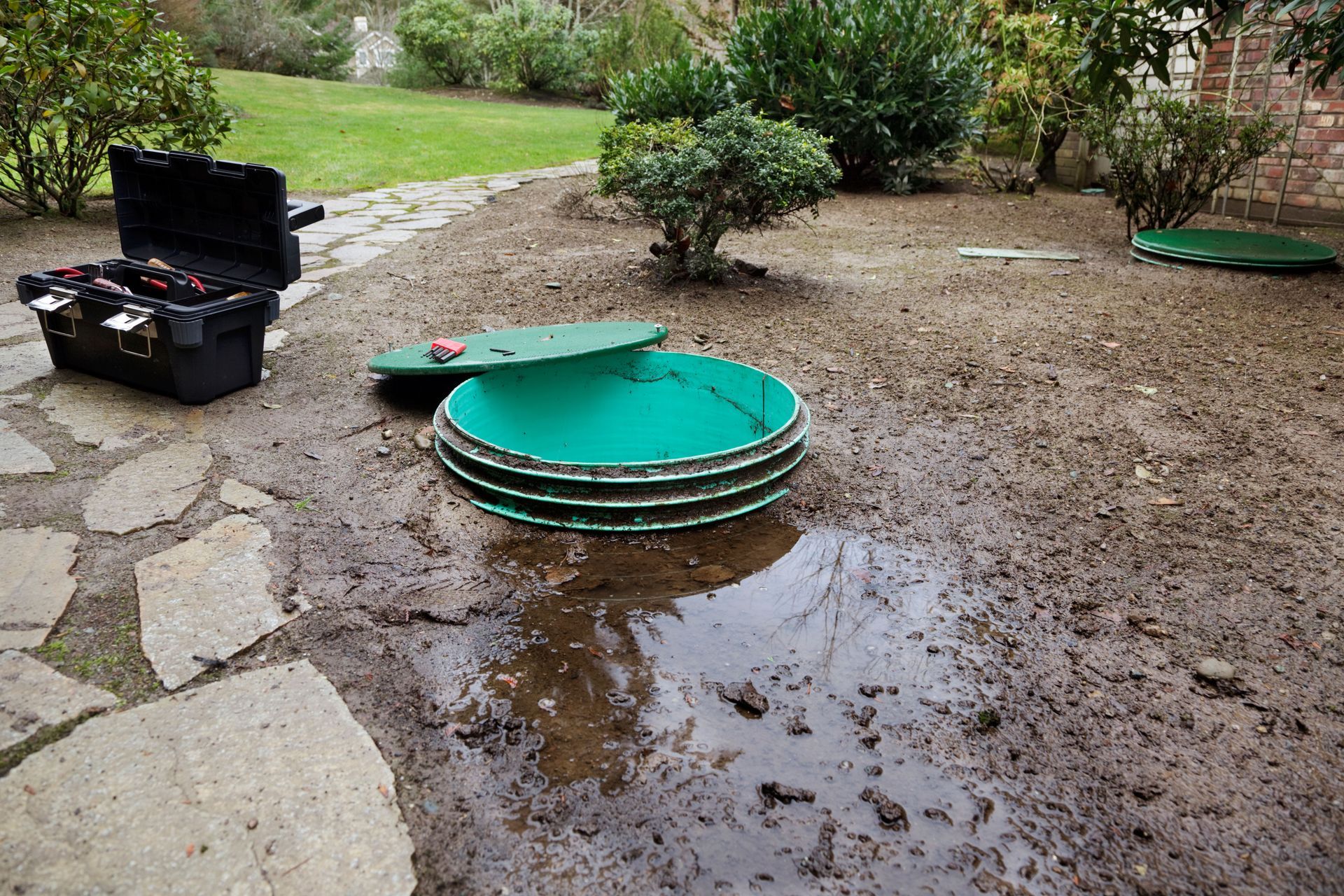
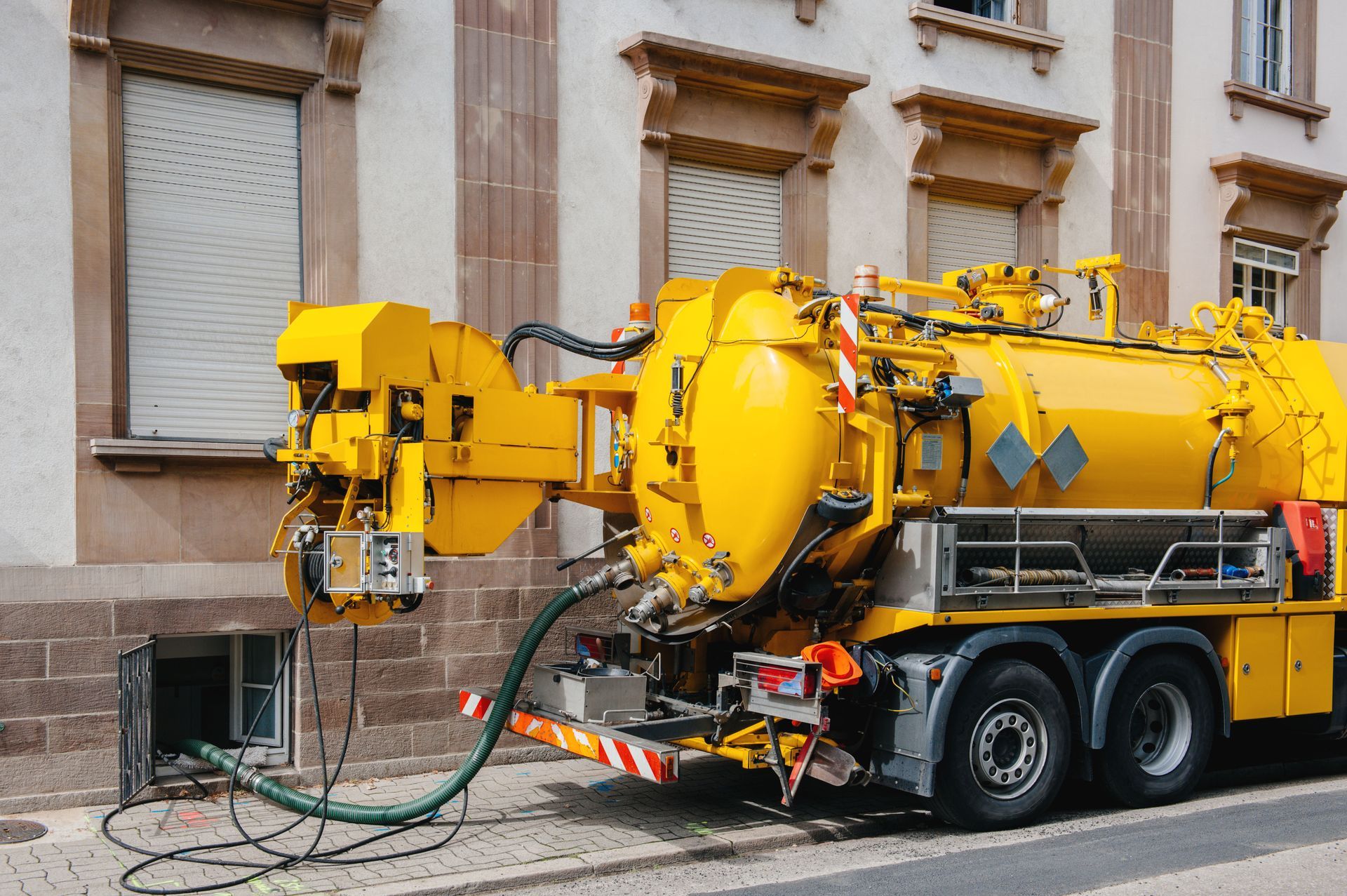
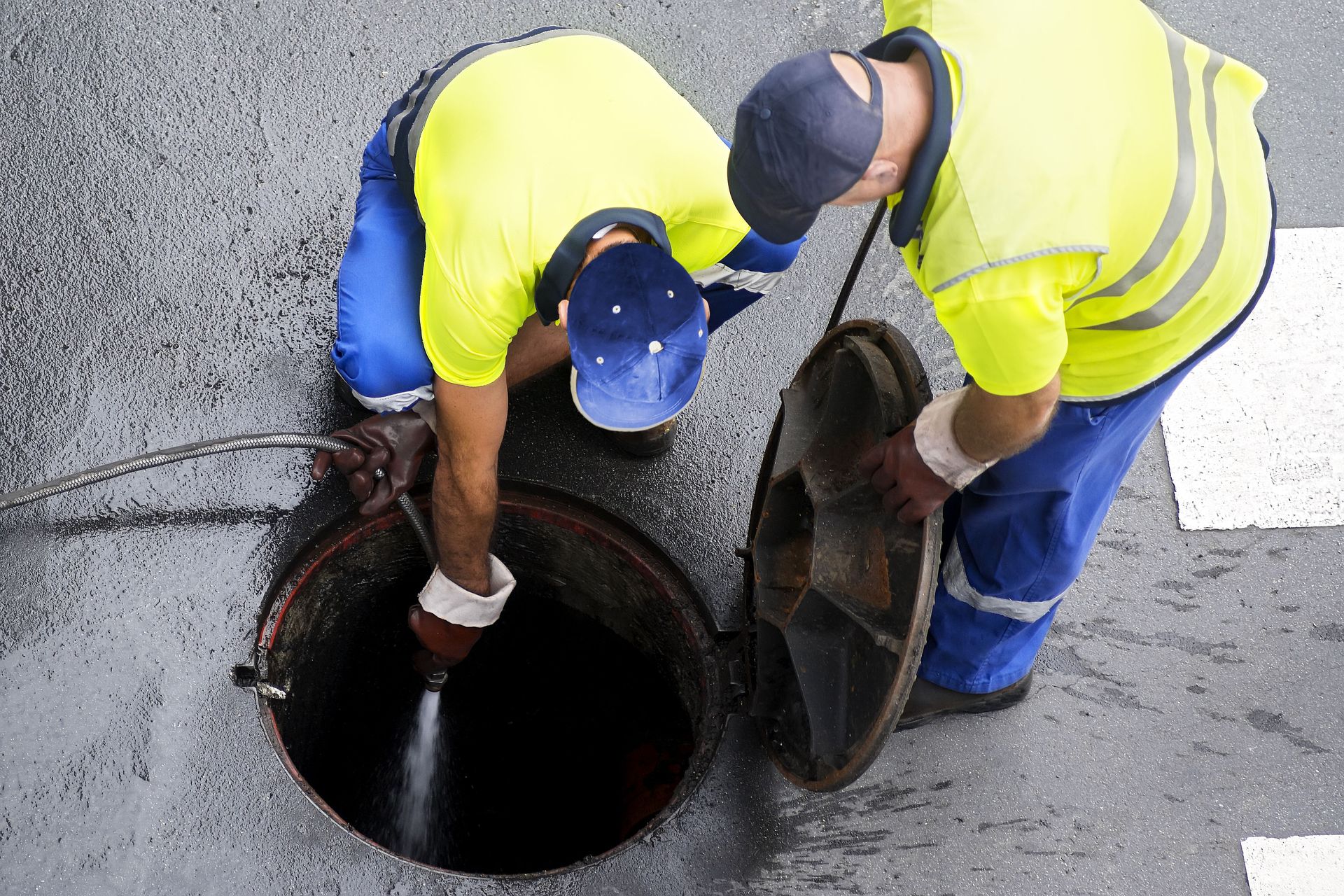
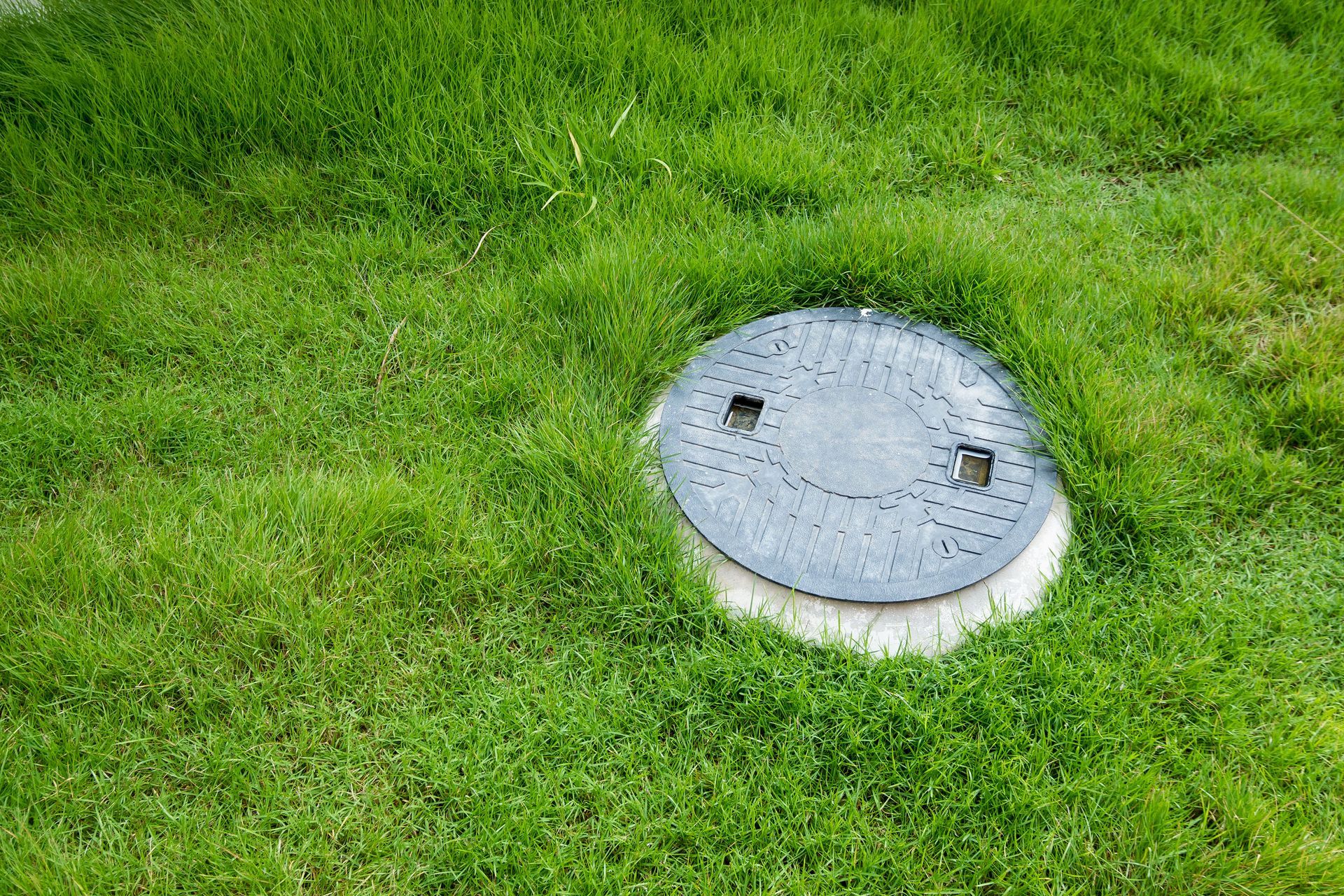
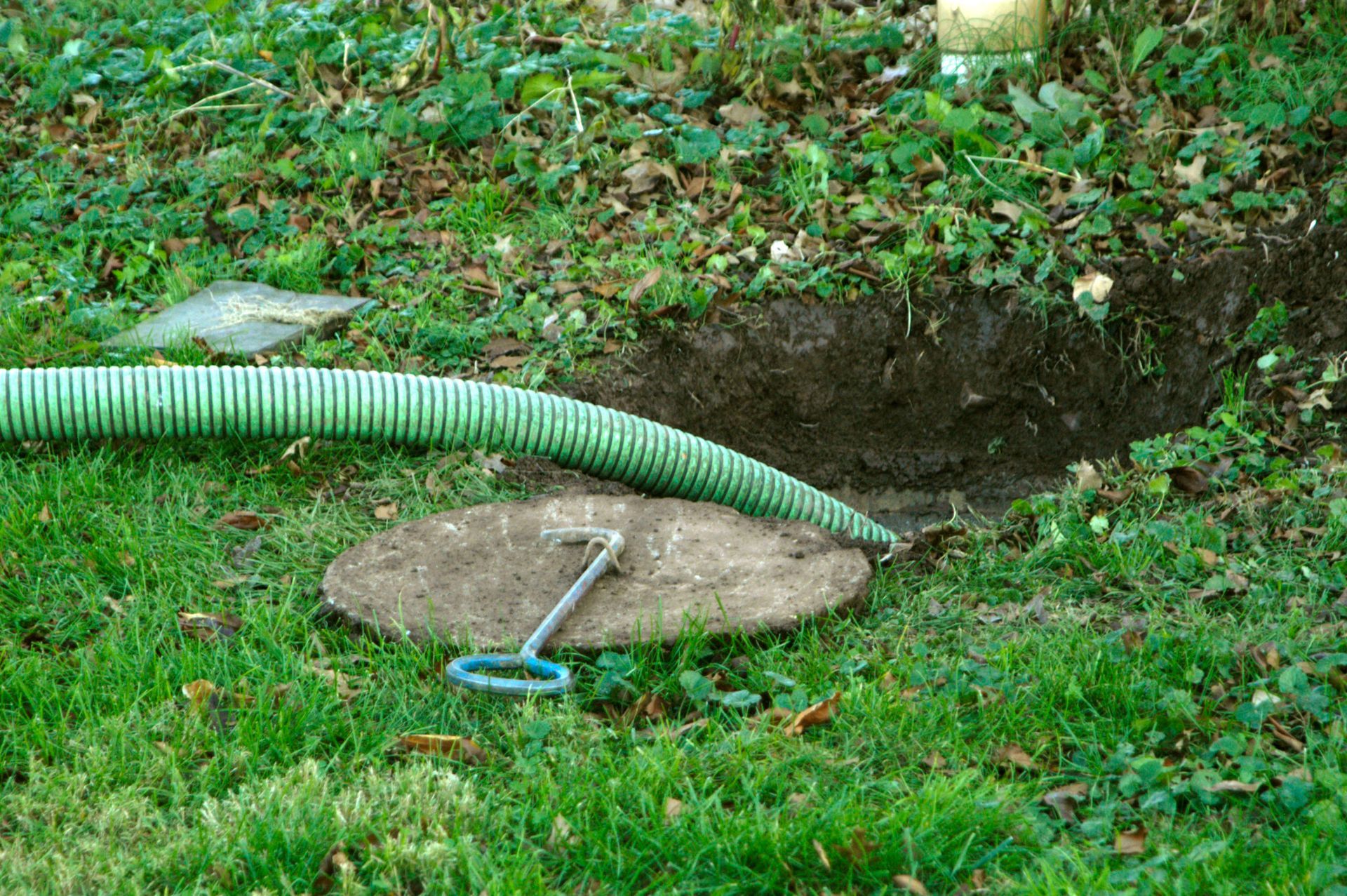
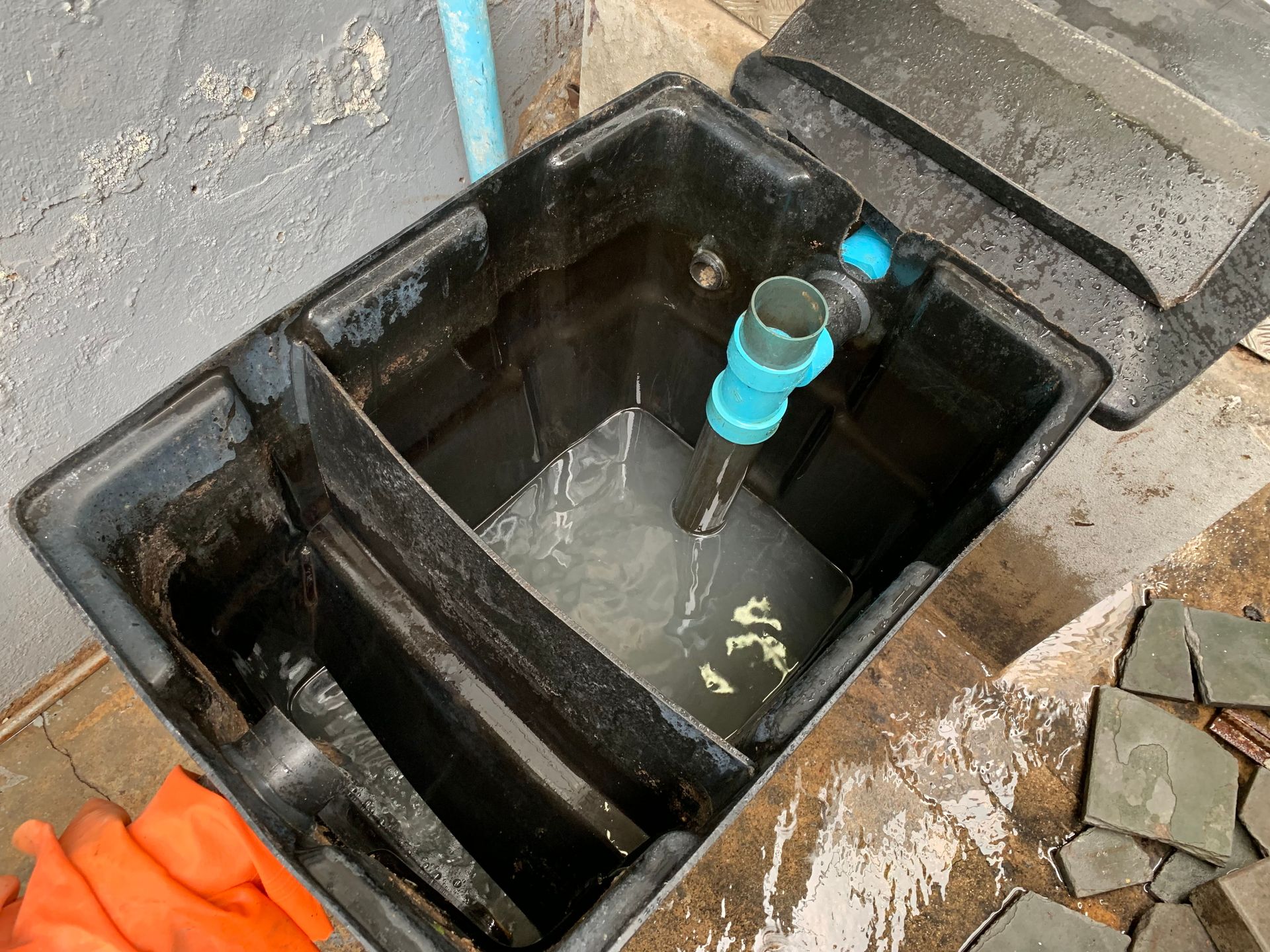
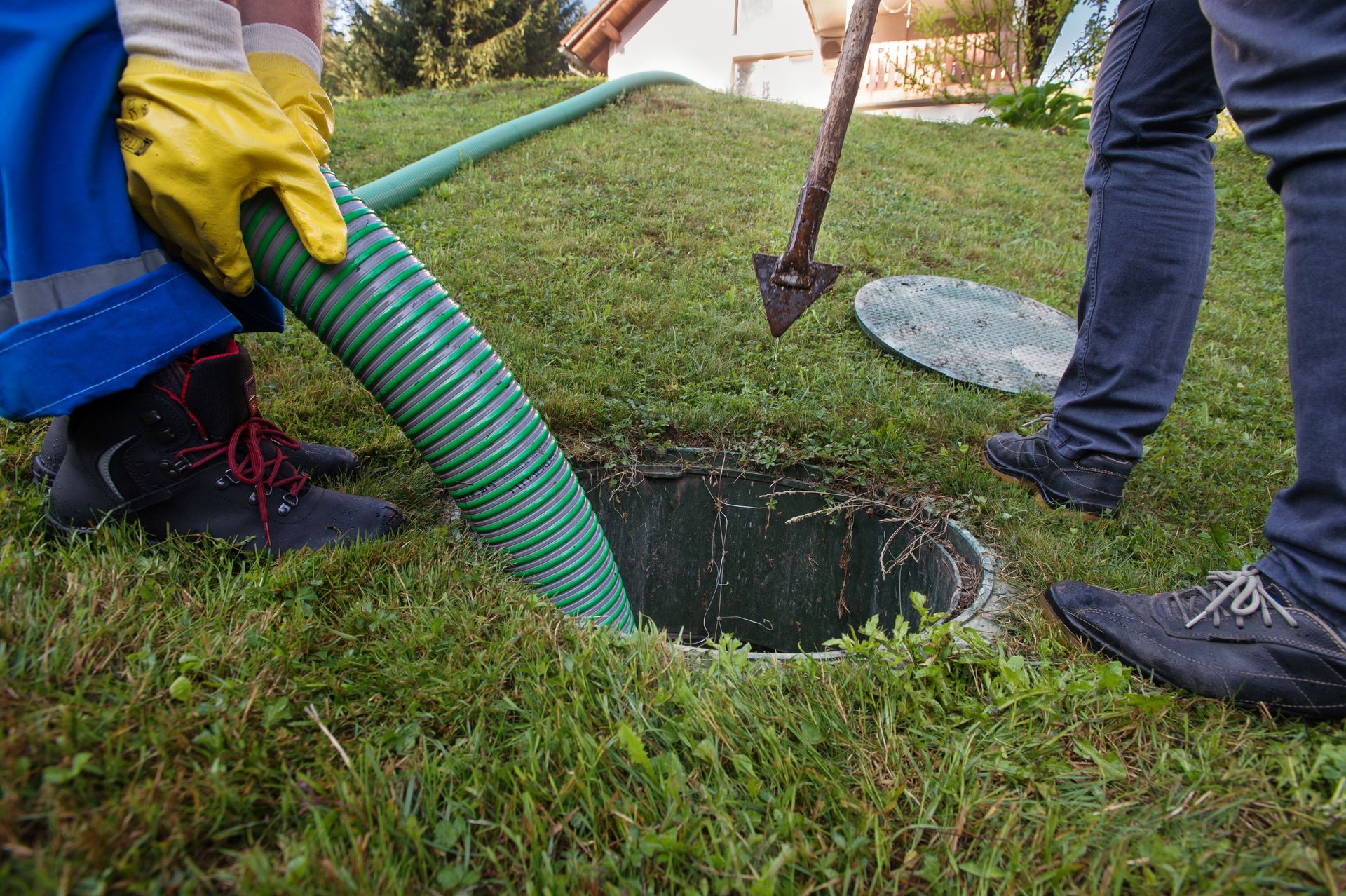
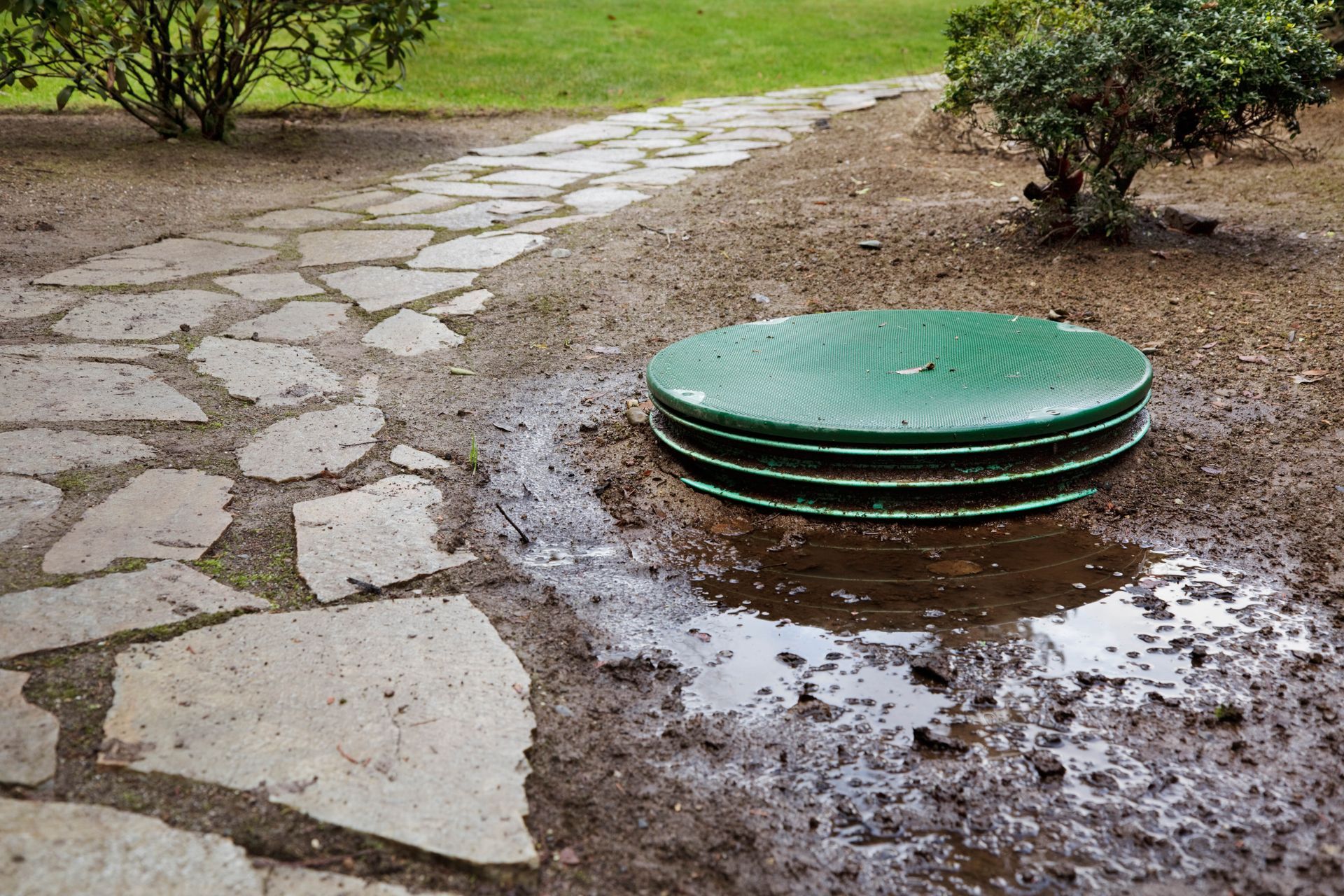
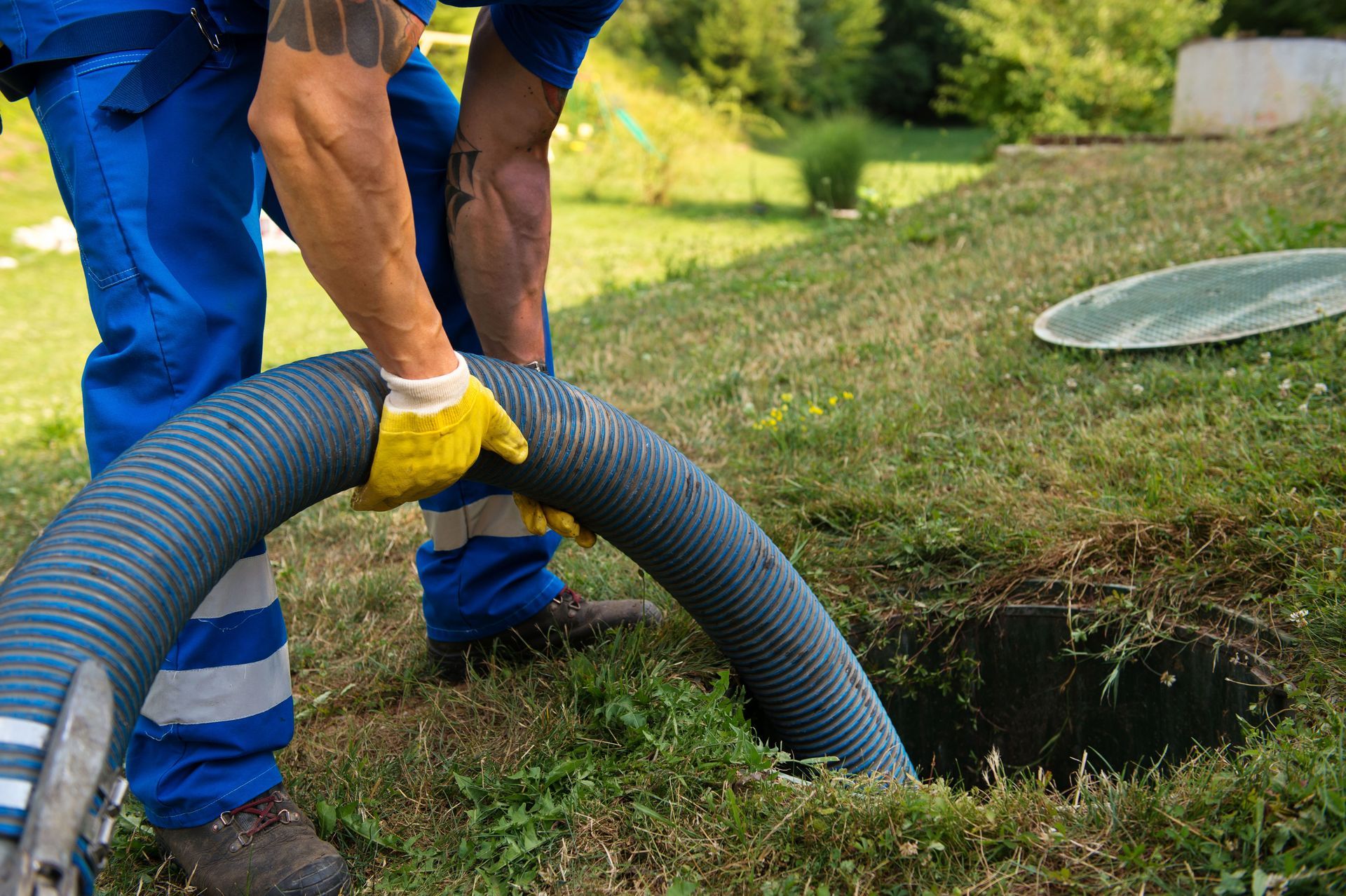
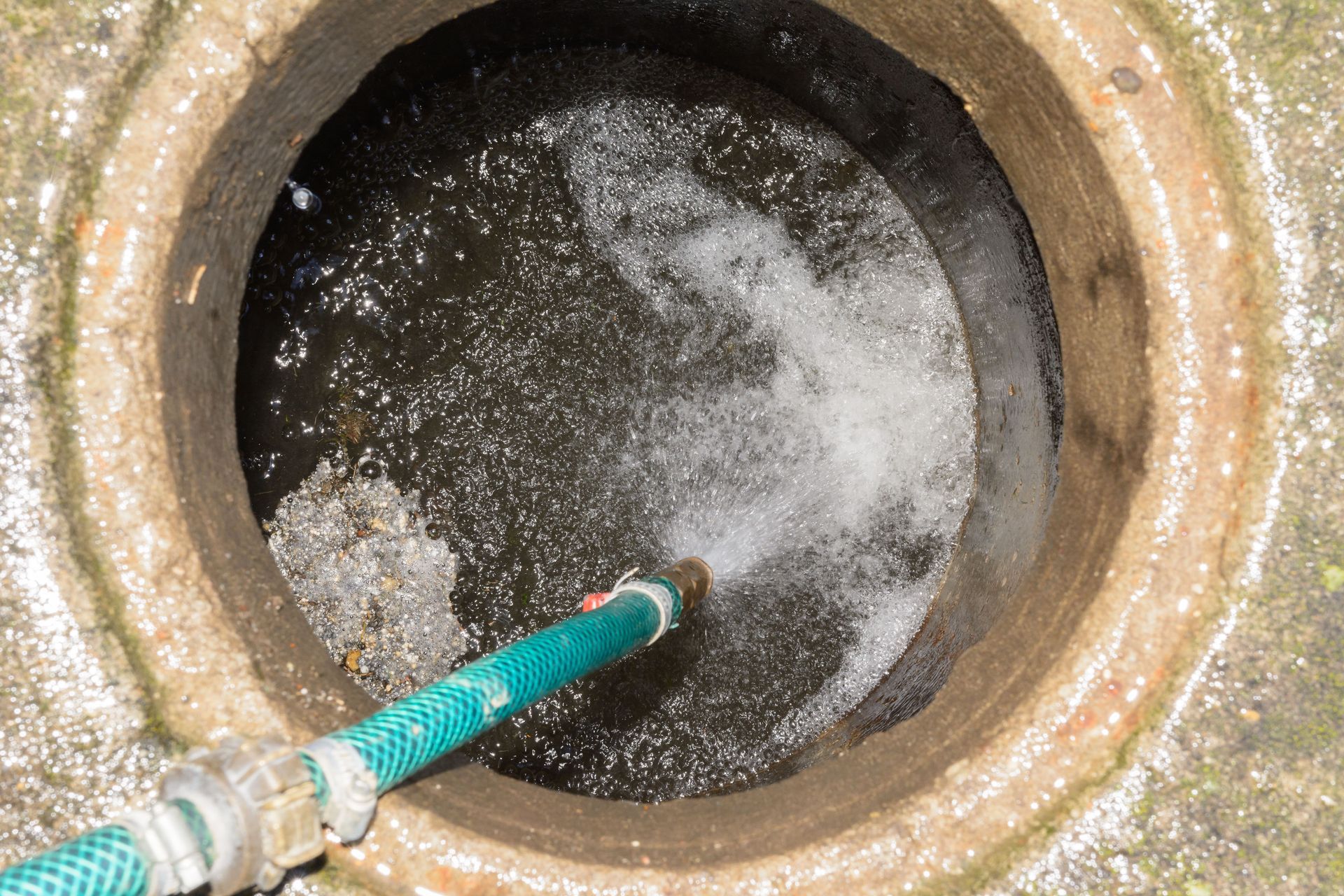
Share On: